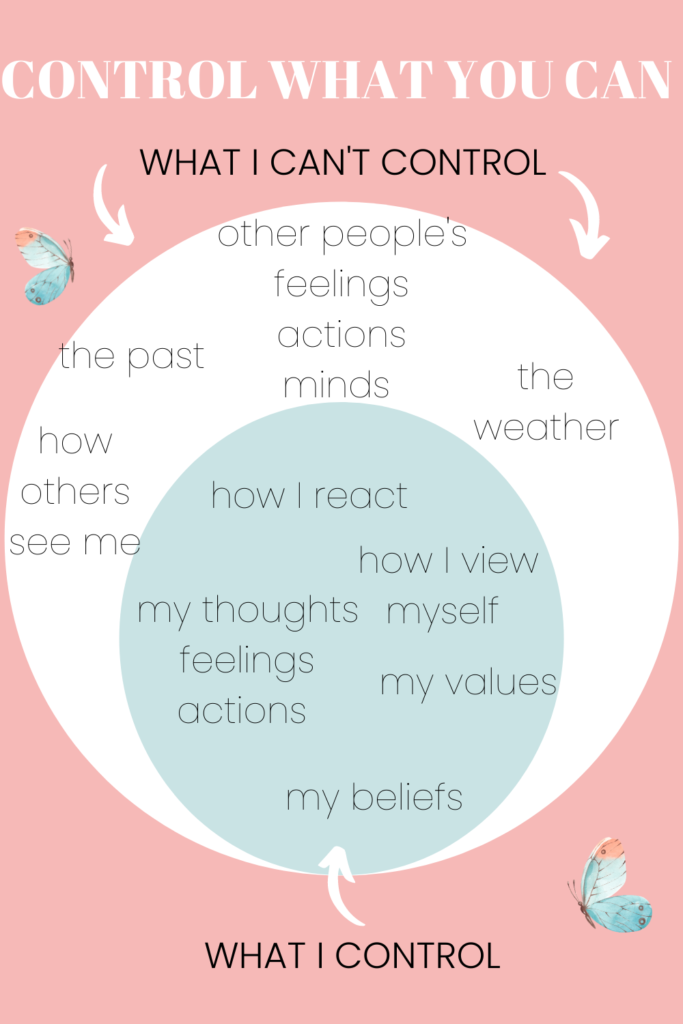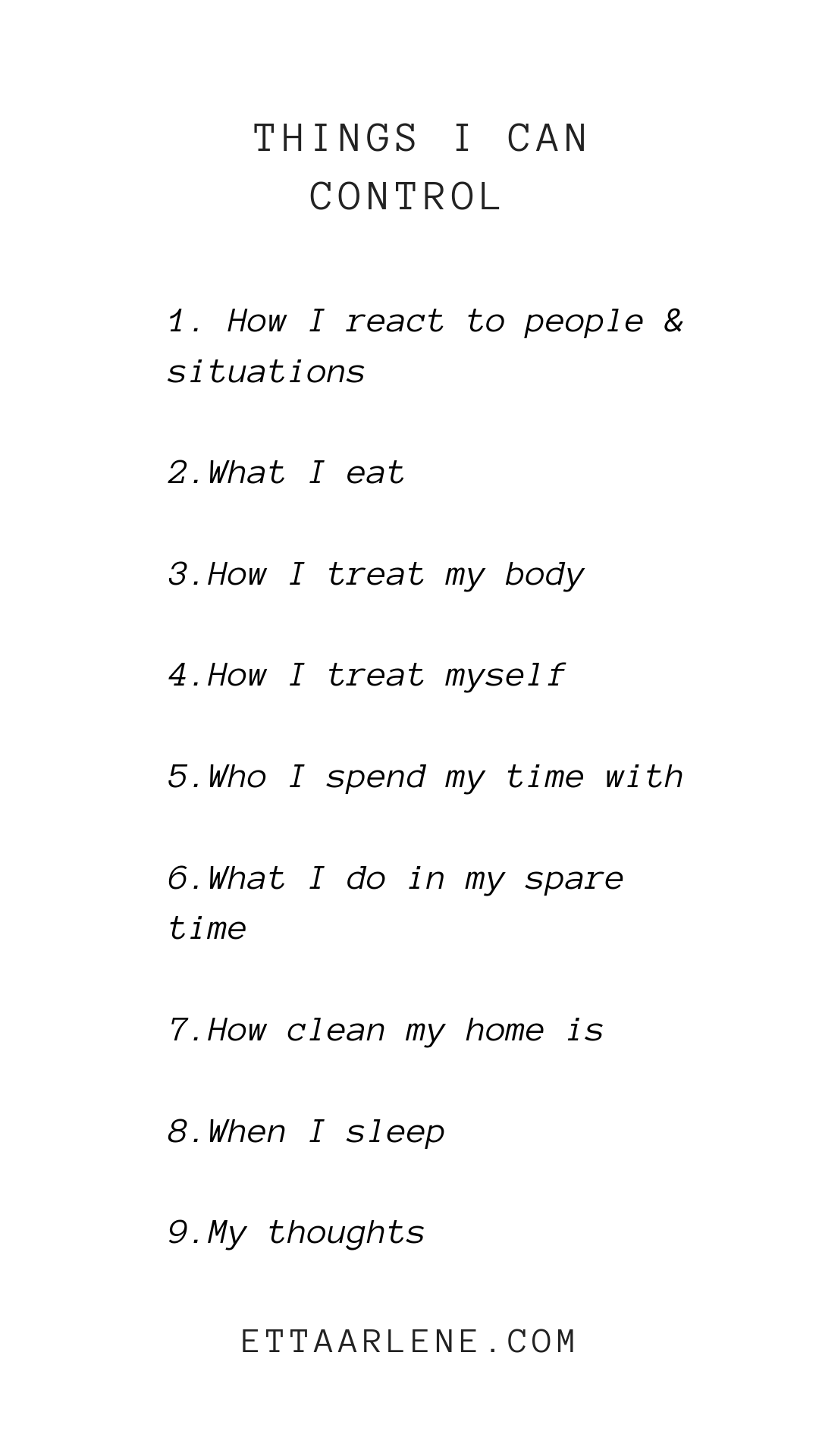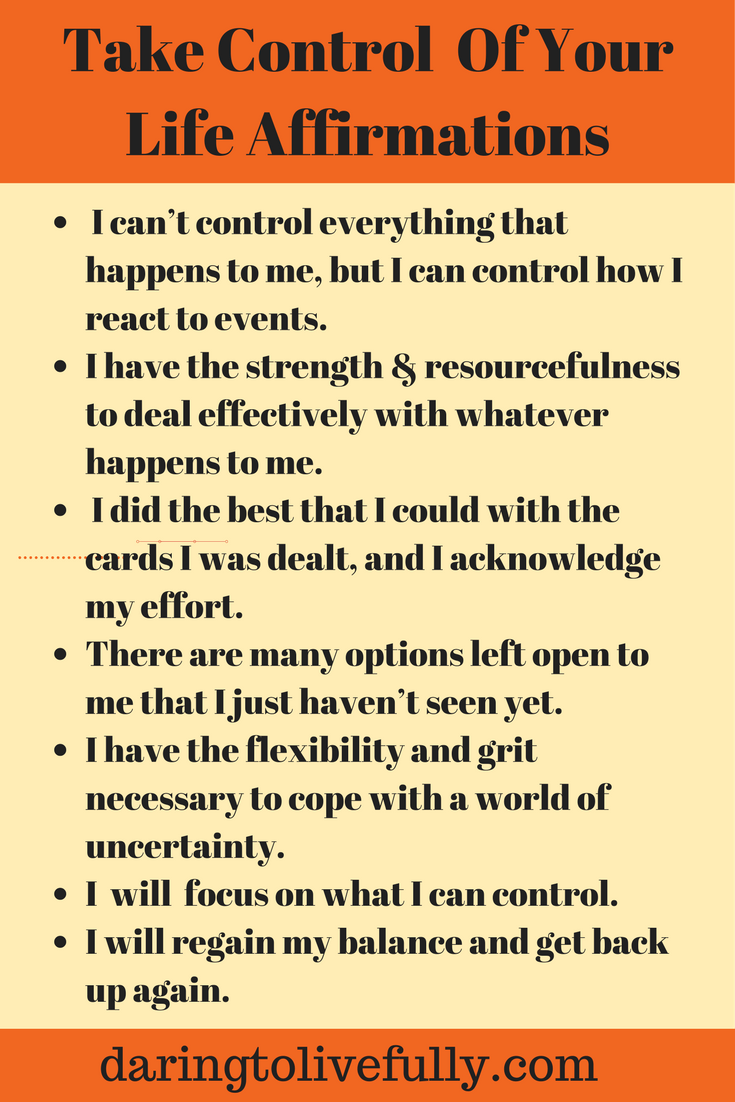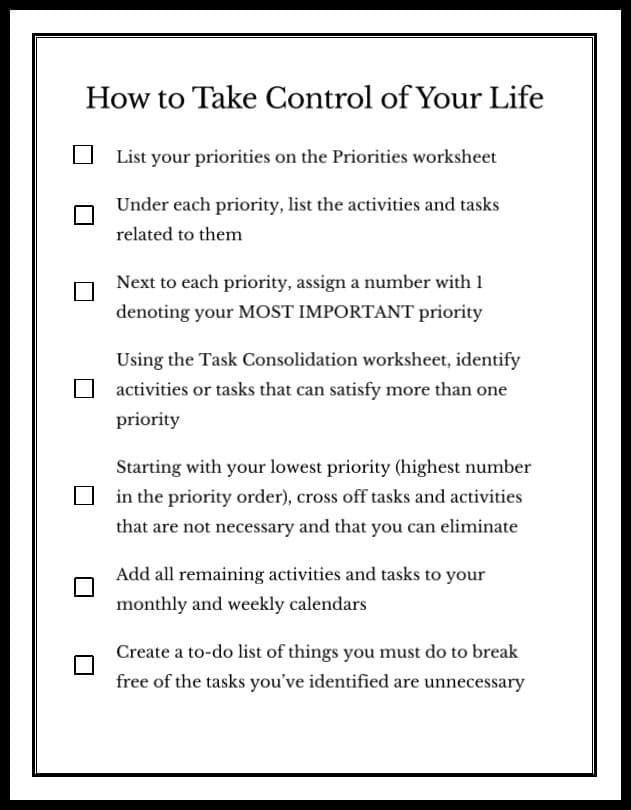How To Take Control Over Your Life

Feeling lost, overwhelmed, or like you're simply drifting through life? You're not alone. Many individuals experience periods where they feel a lack of control, but regaining agency is possible through conscious effort and strategic planning.
Taking control of your life isn't about achieving perfection or eliminating challenges; it's about consciously directing your actions, choices, and reactions to align with your values and goals. It involves self-awareness, goal setting, and consistent action, fostering a sense of empowerment and purpose.
Understanding the Root of Feeling Out of Control
Several factors contribute to feeling a lack of control. External pressures like demanding jobs, relationship difficulties, or financial strain can significantly impact one's sense of autonomy.
Internally, negative thought patterns, limiting beliefs, and a lack of clear goals can also lead to feelings of powerlessness. Recognizing these contributing factors is the first step towards reclaiming control.
Cultivating Self-Awareness
Self-awareness is the bedrock of personal agency. Regular self-reflection through journaling, meditation, or mindfulness exercises can help identify your values, strengths, and weaknesses.
Understanding your emotional triggers and patterns allows you to respond to situations more effectively, rather than reacting impulsively. This conscious awareness fosters a sense of inner control.
Setting Realistic Goals
Defining clear and achievable goals is essential. Start by identifying your long-term aspirations and break them down into smaller, manageable steps.
The SMART framework (Specific, Measurable, Achievable, Relevant, Time-bound) can be a valuable tool in goal setting. This structure provides clarity and a roadmap for progress.
Taking Consistent Action
Goal setting is only the beginning; consistent action is crucial. Small, daily steps contribute to significant progress over time.
Establish routines and habits that support your goals. Even small victories can boost your confidence and motivation, reinforcing a sense of control.
Managing Stress and Building Resilience
Stress is an inevitable part of life. Developing healthy coping mechanisms is crucial for maintaining control during challenging times.
Exercise, healthy eating, sufficient sleep, and spending time in nature are all effective stress management techniques. Building resilience allows you to bounce back from setbacks and maintain momentum.
Seeking Support When Needed
It's important to acknowledge that you don't have to do it alone. Seeking support from friends, family, or a therapist can provide valuable perspective and guidance.
Talking about your struggles can alleviate feelings of isolation and empower you to find solutions. Don't hesitate to reach out for help when needed.
Embracing Change and Letting Go
Life is constantly evolving. Accepting change and adapting to new circumstances is key to maintaining a sense of control.
Letting go of things you cannot control is equally important. Focusing your energy on what you *can* influence reduces feelings of frustration and powerlessness. This includes forgiving yourself and others.
Taking control of your life is a journey, not a destination. It requires ongoing effort, self-compassion, and a willingness to learn and grow.
By cultivating self-awareness, setting realistic goals, taking consistent action, and seeking support when needed, you can empower yourself to live a more fulfilling and meaningful life. Remember, even small steps forward are progress in the right direction.


















